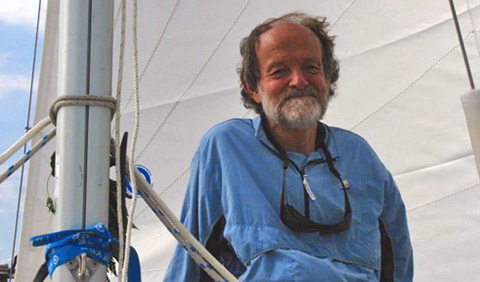
Dr. Gene Ammarell
Dr. Gene Ammarell, Professor Emeritus of Anthropology, presented “Mindfulness Practice in Socially Engaged Ethnographic Fieldwork” at the 1st Social Sciences, Humanities, and Economics Conference at the Universitas Negeri Surabaya in Surabaya, Indonesia in November 2017.
The conference theme was “Promoting Social Change for Sustainable Development Goals.”
Ammarell’s paper was published by Atlantis Press as part of the refereed Proceedings of Social Sciences, Humanities, and Economics Conference (SoSHEC 2017) in Advances in Social Science, Education and Humanities Research (ASSEHR), volume 108.
Retired from Ohio University, Ammarell most recently served as a Visiting Professor of Anthropology at Hasanuddin University in Makassar, Indonesia.
Abstract for “Mindfulness Practice in Socially Engaged Ethnographic Fieldwork”: In recent years, the Buddhist practice of mindfulness has become the subject of research in the cognitive sciences and a potent tool in clinical psychology and counseling. While Buddhism, itself, is the subject of countless studies in the social sciences and histories of religion, there is a surprisingly small literature on the application of mindfulness practice in the social sciences in general and in ethnographic research in particular. This paper aims to begin to fill that gap by raising for discussion several ways in which mindfulness practice might be incorporated into ethnographic research and, in the process, increase the effectiveness of projects that are aimed, as is suggested by the theme of this conference, at promoting social change for sustainable development goals. Drawing upon examples from my own research, I will show how mindfulness can help social scientists and development workers gain insights into the nature of social change and, consequently, become more effective as catalysts in enabling others as they seek a secure and sustainable future.



















Comments